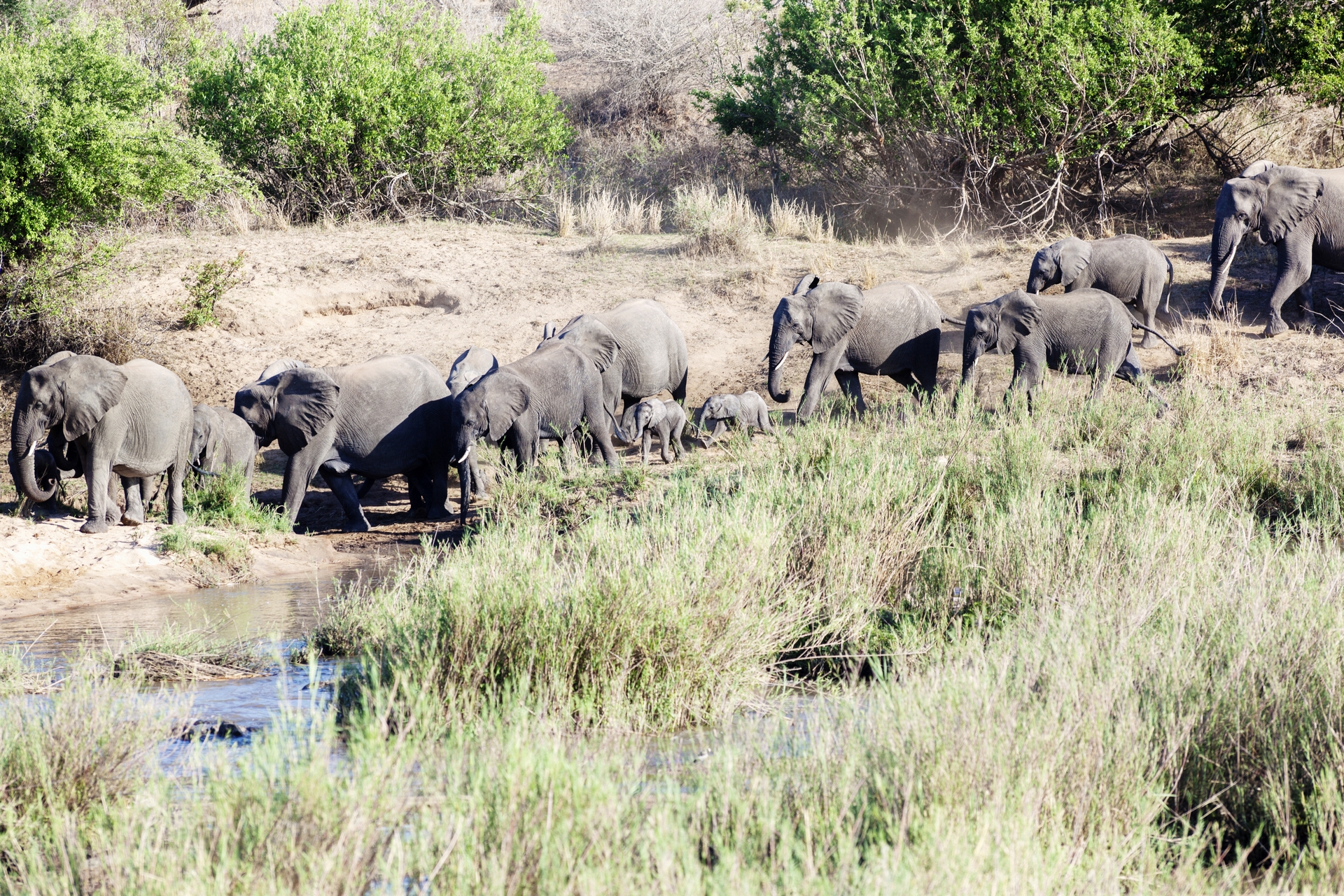Side by side with the communities for sustainable development in the great cross-border areas.
“Community development” is one of the principle objectives of Cesvi’s environmental projects.
It is related to natural resource management and environmental protection in cross-border zones like the Great Limpopo Trans-frontier Park on the border between South Africa, Zimbabwe e Mozambique.
Limpopo is one of the largest natural parks in the world, a “Peace Park” where every political or physical boundary is abolished, allowing animals and the population the liberty to migrate. Since the second half of the nineties we have been working to the end that the creation of this park becomes an economic opportunity for the local communities, once excluded by national development strategies with serious consequences in terms of education, schooling, health and food security. The aim of the project is to introduce sustainable strategies for the use of land so that conservation of natural resources can coexist with development of rural communities.
The activities integrate three sectors: tourism, agriculture and livestock raising. One of the projects concerns “community lodges” which involve the local communities in running the facilities with the support of Cesvi and of specialised tour operators. Then again, to deal with the problem of food security, which climate change has turned into a priority, we have created “community gardens”, earmarked for group cultivation, which guarantee family subsistence and money earning activities.
The women of Baleni

The African Ivory Route is an eco-tourism itinerary for tourists looking for not only safari and the beauty of nature but contact with the local communities. The route includes ten camps for safari and culture near the Kruger National Park.
In fact the Great Limpopo links up the Limpopo National Park (Mozambique), the Kruger (south Africa), the Gonarezhou, Manjinie and the Malipati (Zimbabwe) in a single fauna-protected area.
“Baleni Camp” is one of those where Cesvi works, where visitors can discover and get close-up knowledge of millennial traditions. Baleni is an ancient thermal spring, a sacred site where the “priestesses” produce salt. According to these women the hot water, the bubbles rising to the surface and the sulphurous smells emanating from the swamps are signs linking Baleni to the spiritual world, and the salt production follows rigid rules to guarantee the success of the production.
The women deal with the whole production cycle and on the first working day offer libations and gifts to heaven and to the spirits of their forebears. Then the various stages of production start, drying, filtering, boiling and modelling. Thus the women, with skilled hands, give life to the black salt of Baleni, a primordial salt from a magical land which is worth visiting.
